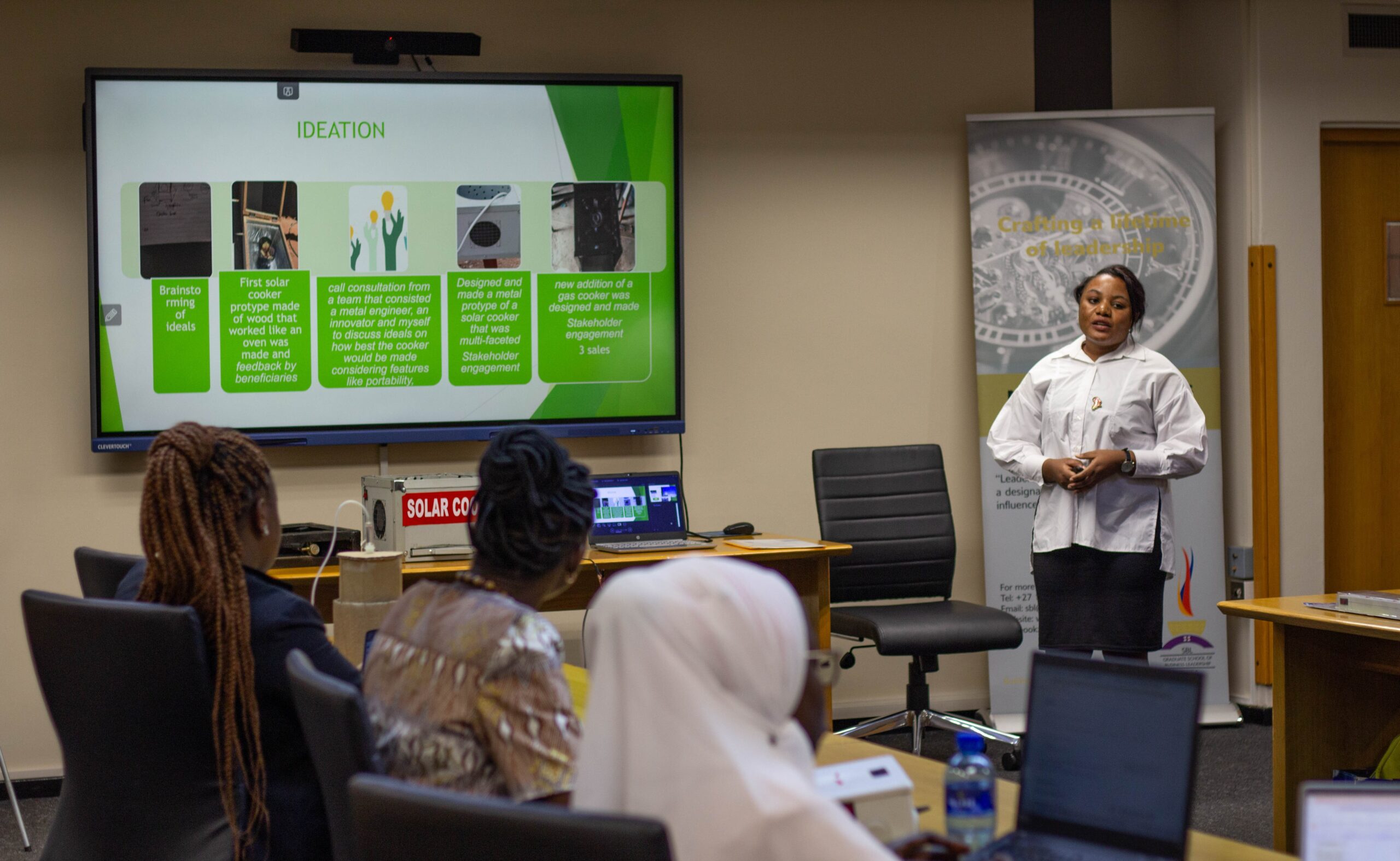
Our Story
The Regional Leadership Center Southern Africa (RLC SA) is a legacy program of the Young African Leaders Initiative Regional Leadership Center Southern Africa (YALI RLC SA), located at the University of South Africa’s Graduate School of Business Leadership (UNISA SBL). This initiative aims to cultivate passionate and innovative young African leaders aged 18 to 35, equipping them with essential skills, tools, and opportunities to effectively serve their communities and countries. Since its inception in 2015, the program has trained over 9,000 young leaders across 14 Southern African countries in areas such as Business and Entrepreneurship, Civic Leadership, Public Management, Education, Water Sanitation and Hygiene, and Energy.
sector specific programs
RLC SA collaborated with Power Africa to build the leadership skills of young women active in Africa’s energy sector. The training joined the RLC SA’s expertise in developing leadership skills of young Africans with Power Africa’s expertise in the energy sector. The RLC SA replicated this success by approaching the private sector, and public sector organizations as potential customers. This led to the development and delivery of a successful program for the Education sector in partnership with the Trevor Noah Foundation. For these sector-specific trainings, participants engaged in an immersive four-week in-person study.

Comprehensive Online Training Experience
This intensive online training offers participants valuable exposure to business and public management tools, hands-on learning, and networking opportunities. Upon completing the training, participants can further enhance the skills and connections they developed during the training through access to ongoing support for their development, competitive project implementation grants, and opportunities for collaboration and networking.
To meet the ideals of the rlc sa
The program aims to:
· Create critical thinkers
· Solve complex and multidisciplinary problems
· Foster entrepreneurial thinking
· Encourage innovative use of information, knowledge, and opportunities
· Encourage communication and multicultural collaboration
· Create awareness of contemporary African issues
